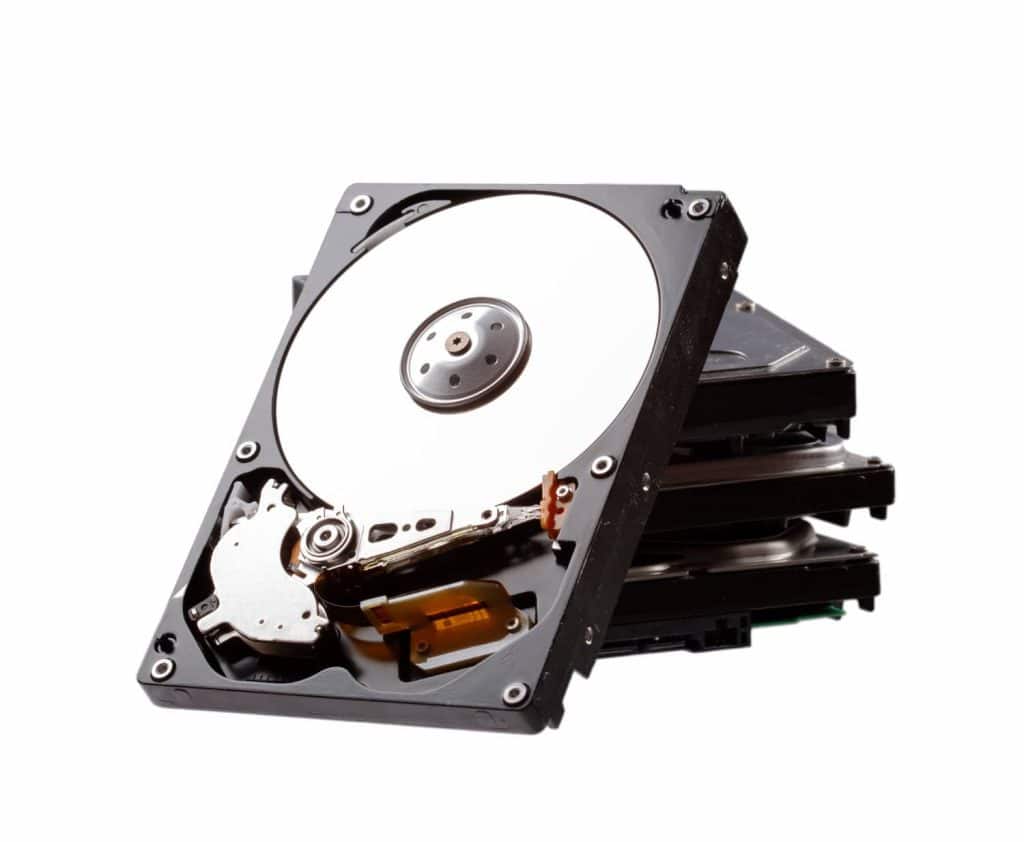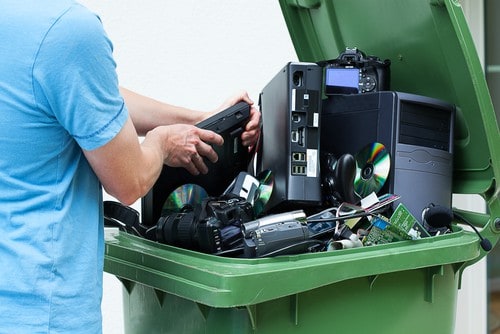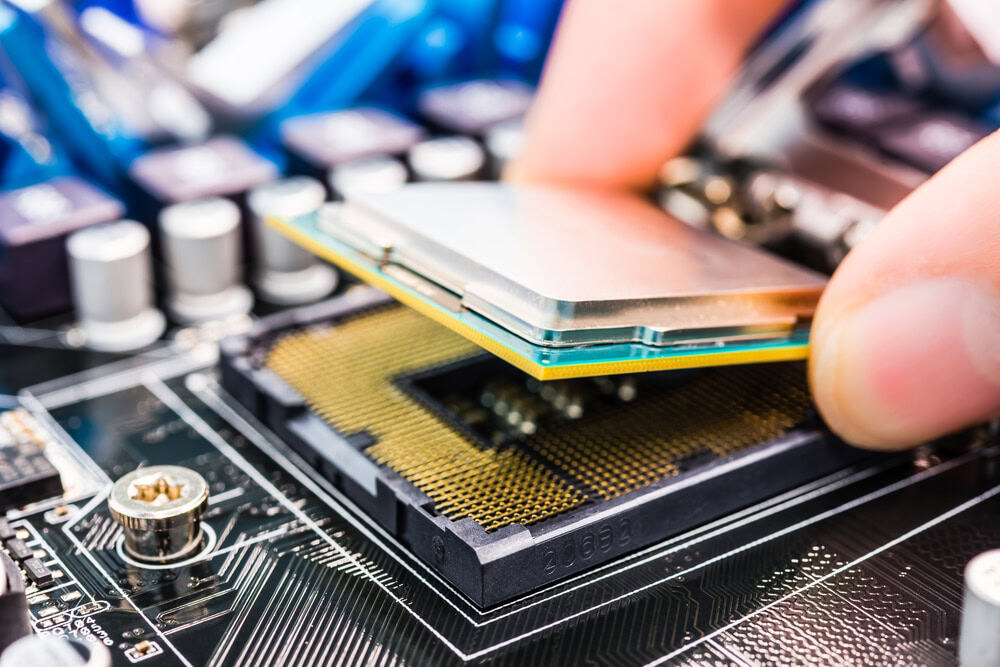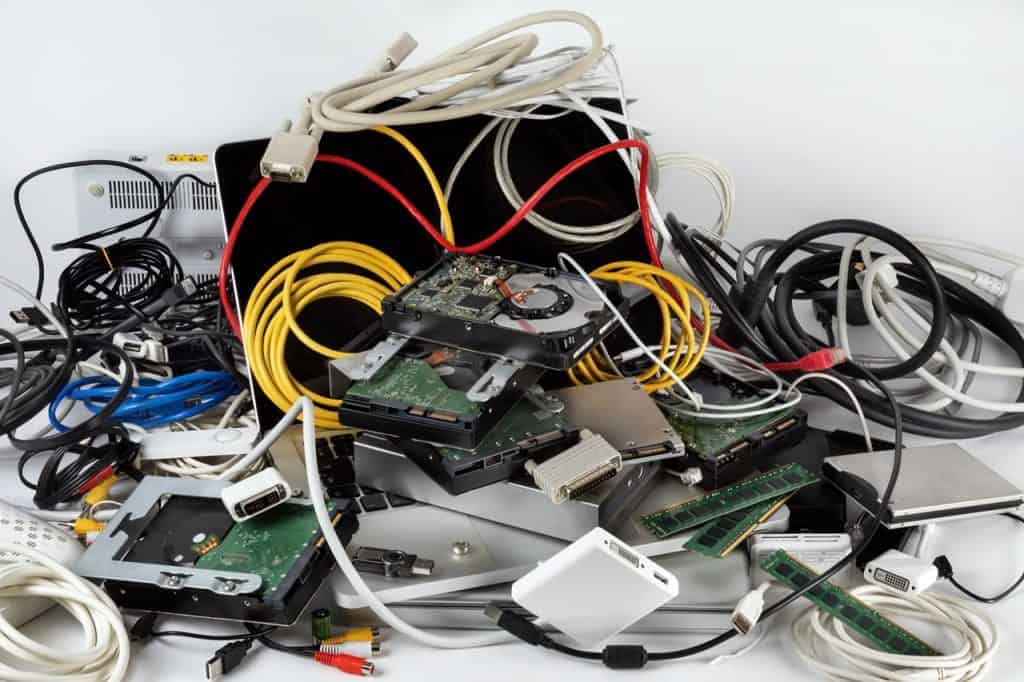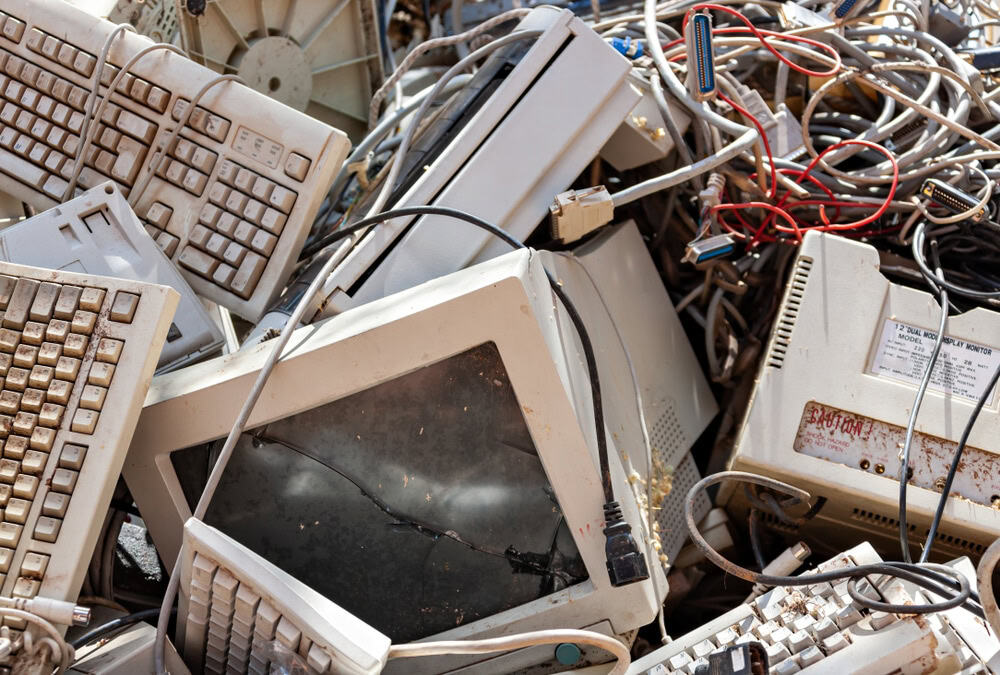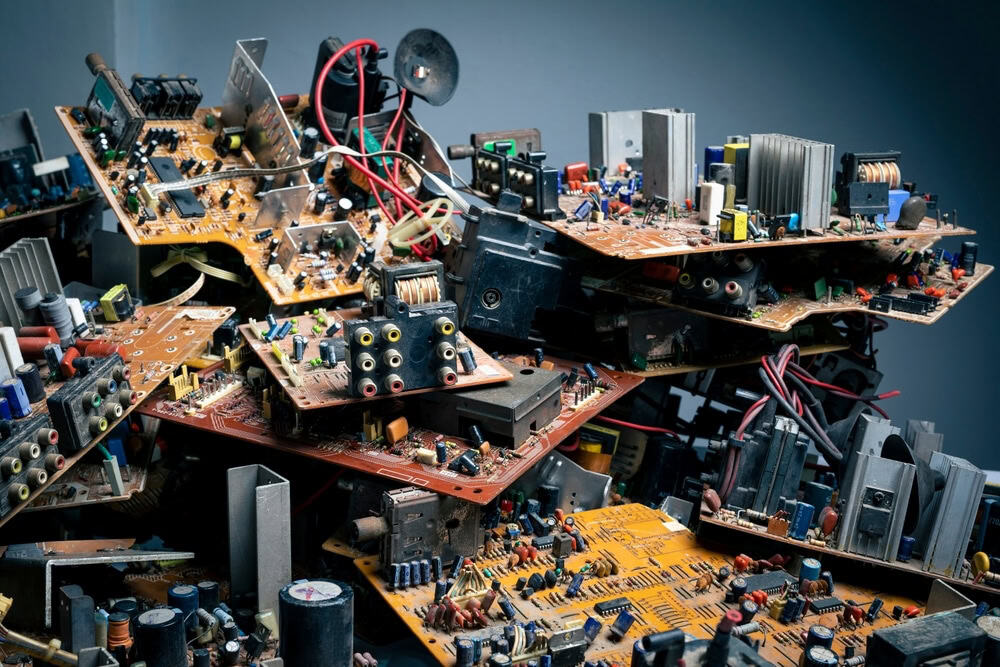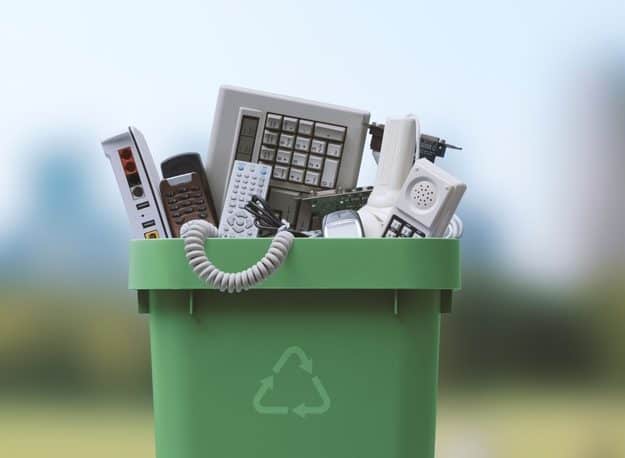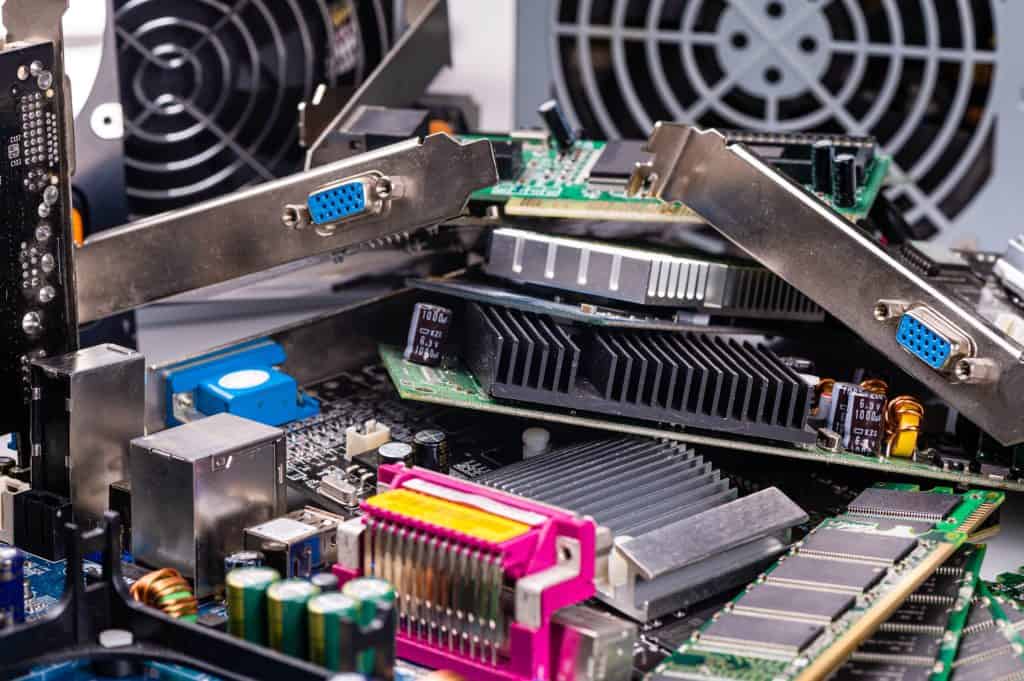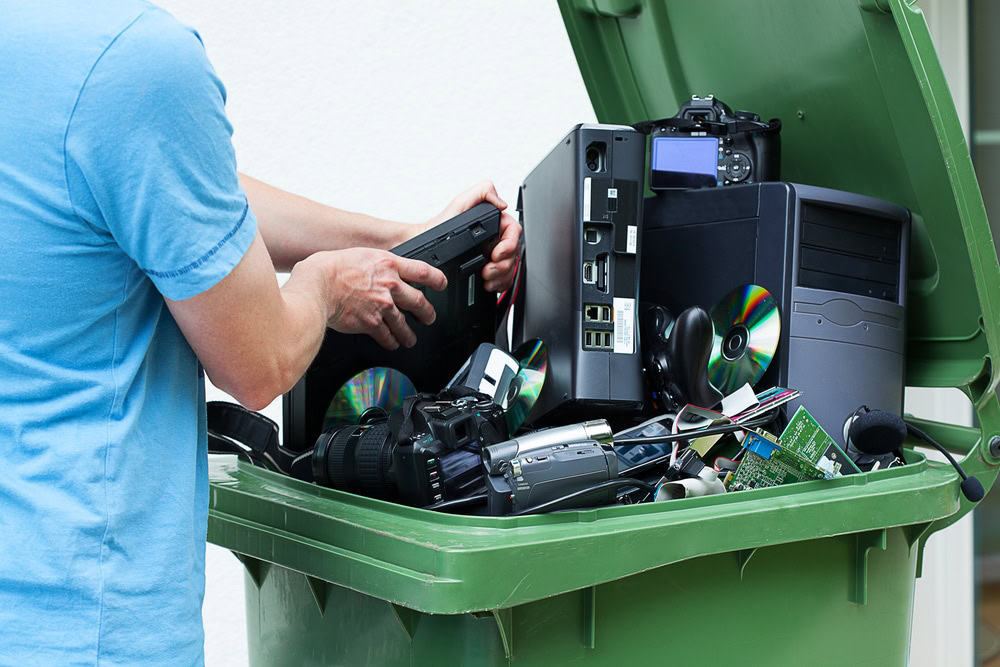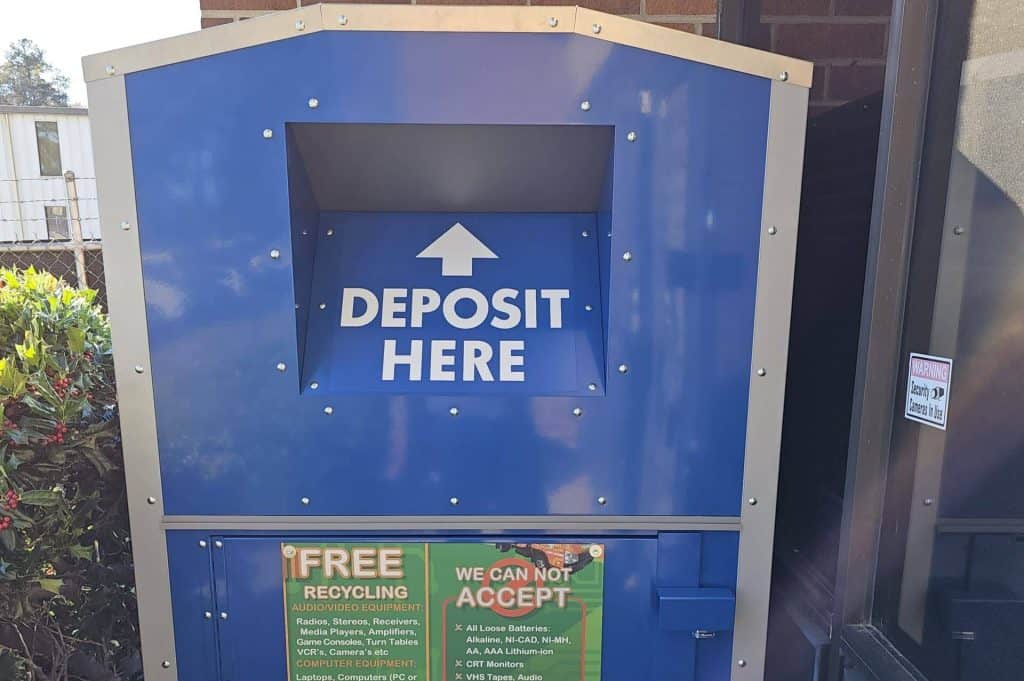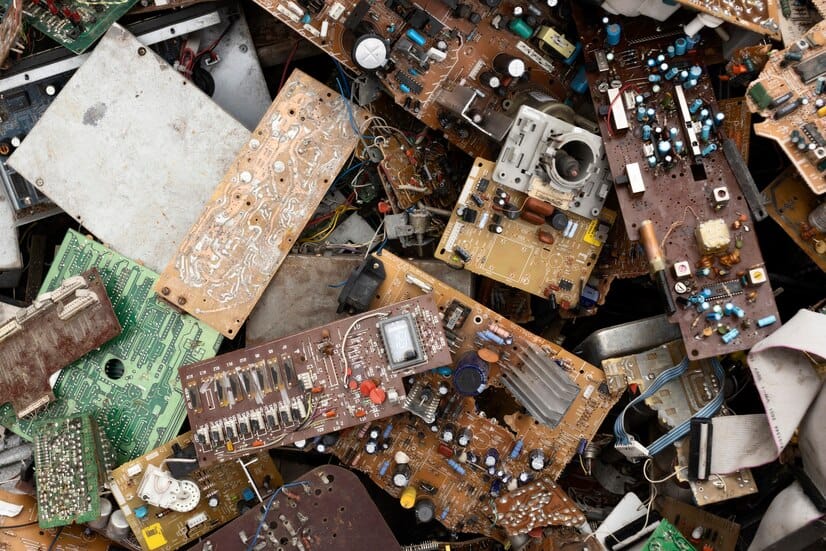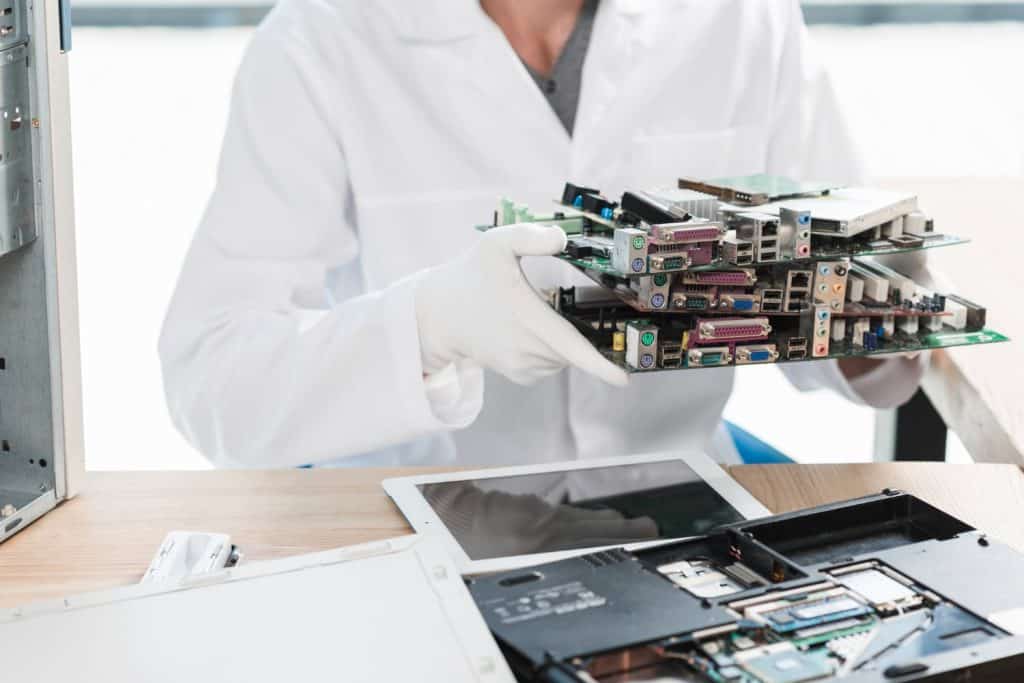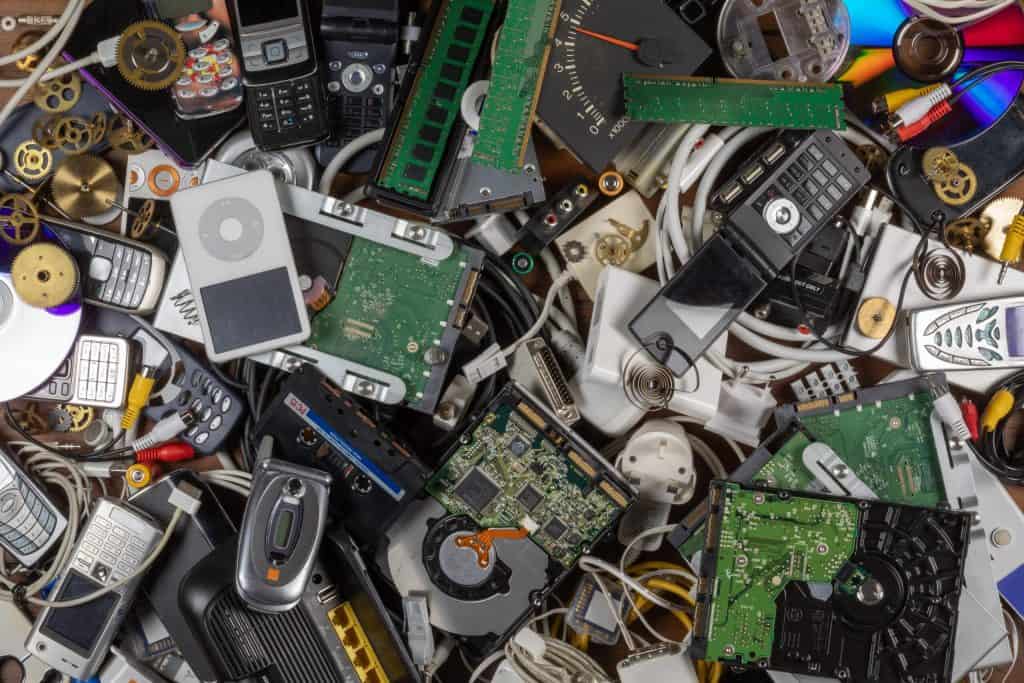Managing sensitive information is critical for any business. One aspect of this is ensuring that old or unused hard drives are disposed of properly. Hard drive shredding is a secure and effective method to destroy data permanently. This process involves physically shredding the hard drives, making it impossible for anyone to retrieve the information stored on them.
When businesses fail to dispose of hard drives correctly, they risk exposing sensitive data. This can lead to serious problems like data breaches or identity theft, which can harm a company’s reputation and result in legal issues. By shredding hard drives, businesses can protect themselves from these risks and ensure that their data is securely destroyed.
Why Hard Drive Shredding Is Essential for Businesses
Proper disposal of old hard drives is crucial for any business. Hard drive shredding is an essential part of this process, ensuring complete destruction of data. This helps prevent unauthorized access to sensitive information, which could lead to various problems.
Hard drives often contain valuable and confidential data. If this data falls into the wrong hands, it can result in identity theft, financial fraud, or other serious issues. Shredding hard drives eliminates this risk by destroying the physical medium where the data is stored.
Besides security, hard drive shredding also helps businesses comply with data protection laws. Regulations require that companies take specific steps to protect personal and sensitive information. Failure to follow these rules can lead to hefty fines and damage a company’s reputation. By shredding hard drives, businesses can ensure they are following legal requirements, protecting both their data and their reputation.
How Hard Drive Shredding Works
Hard drive shredding is a straightforward process that ensures data is destroyed beyond recovery. When hard drives are shredded, they are cut into tiny pieces, making it impossible to retrieve any information.
The process typically starts with collecting the hard drives that need shredding. These drives are then fed into a shredder, a machine designed to break down hard drives into small, unrecognizable fragments. The shredder uses powerful blades to slice through the hard drives, ensuring they are completely destroyed.
There are also services that offer on-site shredding, where the shredding equipment is brought to your location. This allows businesses to witness the destruction process, ensuring peace of mind that their data is securely disposed of.
After the shredding process is complete, the shredded material can be recycled. This not only secures the data but also supports environmental sustainability by reducing electronic waste. Understanding how hard drive shredding works helps businesses make informed decisions about their data protection and disposal practices.
Security Benefits of Hard Drive Shredding
Hard drive shredding significantly enhances the security of sensitive information. By physically destroying the hard drives, we ensure that the stored data is irretrievable. This is crucial for safeguarding company secrets, customer information, and any other confidential data.
The process prevents data breaches, which can have severe consequences for businesses. A data breach could expose personal information, leading to identity theft and financial loss. By shredding hard drives, we eliminate the risk of someone recovering deleted files and misusing them.
Additionally, hard drive shredding helps protect against internal threats. Sometimes, data breaches occur from within the organization. Shredding hard drives ensures that even employees do not have access to old data, adding an extra layer of security.
Environmental and Compliance Advantages of Hard Drive Shredding
Hard drive shredding offers environmental benefits by supporting the recycling of electronic waste. After shredding, the material is often processed and reused, reducing the need for new raw materials. This helps conserve resources and supports a circular economy.
Compliance with data protection regulations is another significant advantage. Laws like GDPR and HIPAA require businesses to dispose of sensitive information securely. Hard drive shredding meets these regulatory standards, helping companies avoid hefty fines and legal complications.
Moreover, shredding hard drives demonstrates a commitment to responsible data management. Customers and partners can trust that we handle their data with the utmost care, enhancing our reputation and fostering loyalty.
Conclusion
Hard drive shredding is a crucial practice for any business concerned about data security, environmental responsibility, and regulatory compliance. By ensuring the complete destruction of data, we protect sensitive information from unauthorized access and potential misuse. The process supports environmental sustainability by facilitating the recycling of electronic waste. In addition, adhering to data protection regulations helps us avoid legal issues and maintain a positive reputation.
If you’re ready to secure your data and responsibly dispose of your old hard drives, contact us at ReWorx Recycling today for professional hard drive shredding in Atlanta. We’ll help you protect your information and contribute to a sustainable future.

